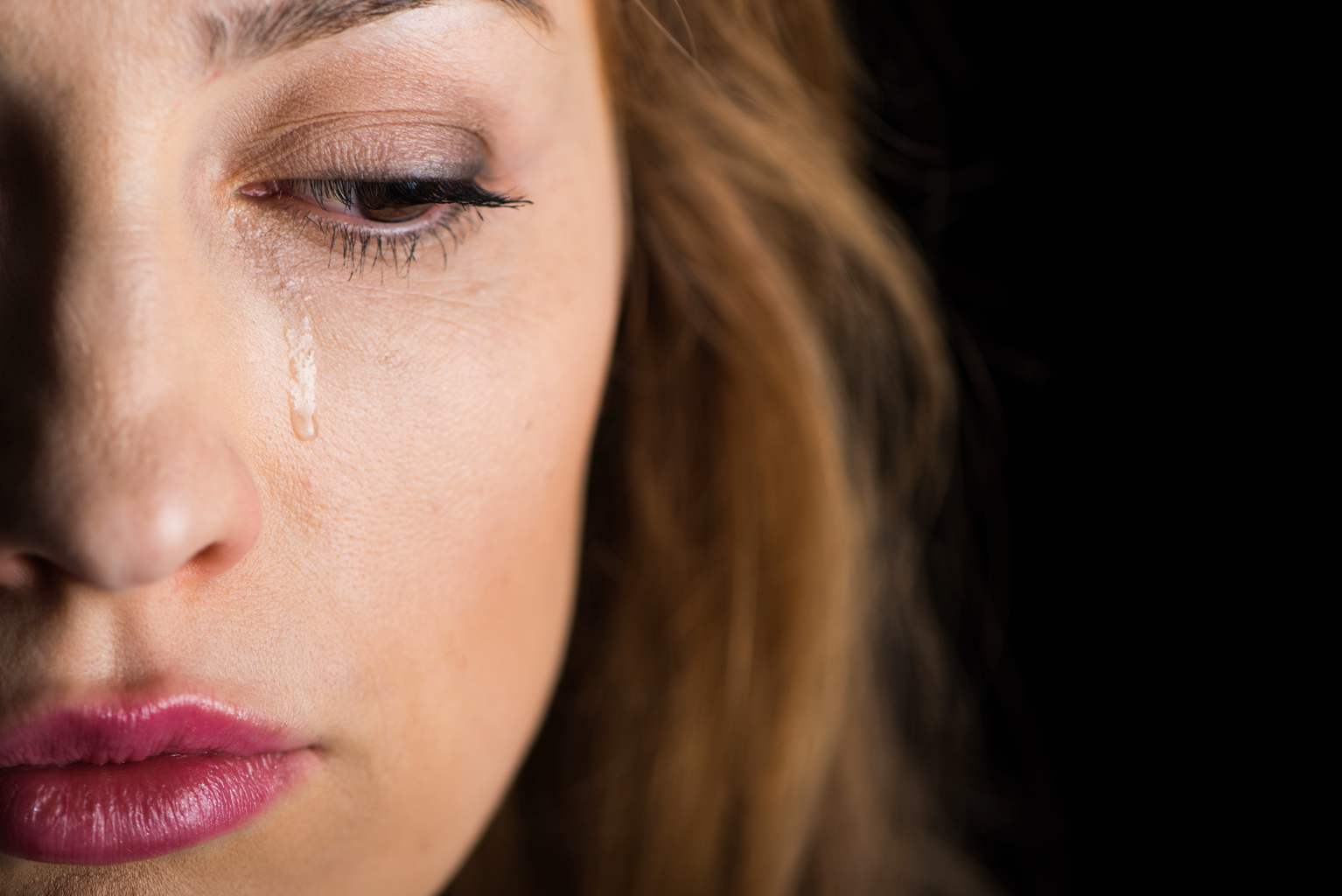Sometimes, shedding tears can feel like a battle we lose to our emotions. But what if crying easily isn’t a weakness, but a sign of emotional strength? Psychology has long painted a richer, more nuanced picture of tears — revealing how they’re a window into our deeper sensitivity and resilience. If you’ve ever wondered why some people break down into tears more often, this story may change how you see yourself or those around you.
How crying relates to sensitivity and emotional strength
Crying readily can often stem from a heightened emotional sensitivity. This doesn’t mean someone is fragile; rather, it suggests a keen capacity to connect with their feelings and the world around them. Tears act as an emotional release, helping to lower tension and restore inner calm during stressful moments.
Research indicates that people who cry frequently might have biological factors at play, such as hormone fluctuations related to stress or empathy. Other contributing elements include genetics, social context, and even gender, all influencing how often we express ourselves through crying.
Surprisingly, the tendency to break down isn’t a sign of weakness. Multiple studies have shown that those who cry easily often display great emotional awareness and resilience. They recognize and accept their feelings instead of bottling them up, which provides them with the emotional tools to navigate challenging experiences more effectively.
The surprising benefits of crying for mind and body
Tears do more than express feelings. They serve an important physiological function. Crying helps flush out toxins from the body and reduce cortisol — the infamous stress hormone. This process induces a calming effect that often leaves us feeling lighter and more clear-headed after a good cry.
Have you ever noticed how after shedding tears, your mood sometimes brightens, and your mind feels sharper? That’s biology in action. It’s the body’s way of recalibrating amidst emotional storms, reminding us that moments of vulnerability can lead to healing and balance.
What highly sensitive people teach us about crying
There’s a growing awareness about what psychologists call “Highly Sensitive People” (HSPs). These individuals tend to cry more frequently because they feel emotions more deeply and see the world through a lens of empathy and nuance. But this sensitivity doesn’t hold them back; instead, it often allows them to adapt more insightfully to life’s ups and downs.
This perspective flips a common misconception on its head: sensitivity is not a handicap but a superpower. Those who cry easily are often more attuned to others’ feelings and possess a rich internal world that supports emotional growth.
For me personally, embracing tears as a natural part of my personality took time. I used to think crying meant I was “too emotional” or not strong enough. But learning about the science and psychology behind tears helped me appreciate that releasing emotions is actually an act of courage and self-care.
How to embrace crying as part of emotional wellbeing
Accepting crying as a healthy response can change the way you manage your emotional health. Instead of fighting the urge to cry, try seeing it as your body’s way to self-soothe and recalibrate. This mindset shift can lessen feelings of shame or embarrassment and foster a more compassionate relationship with yourself.
Keep in mind that crying doesn’t make you less capable; it’s an expression of our deeply human experience — the interplay between heart and mind. Recognizing this allows us to break free from outdated stigma and embrace our emotional spectrum fully.
What about you — do you find crying a release or a challenge? Has understanding its role in emotional resilience changed how you view your own tears or those of loved ones? Share your thoughts and stories. Let’s start a conversation about the power of vulnerability and the strength found in tears.
